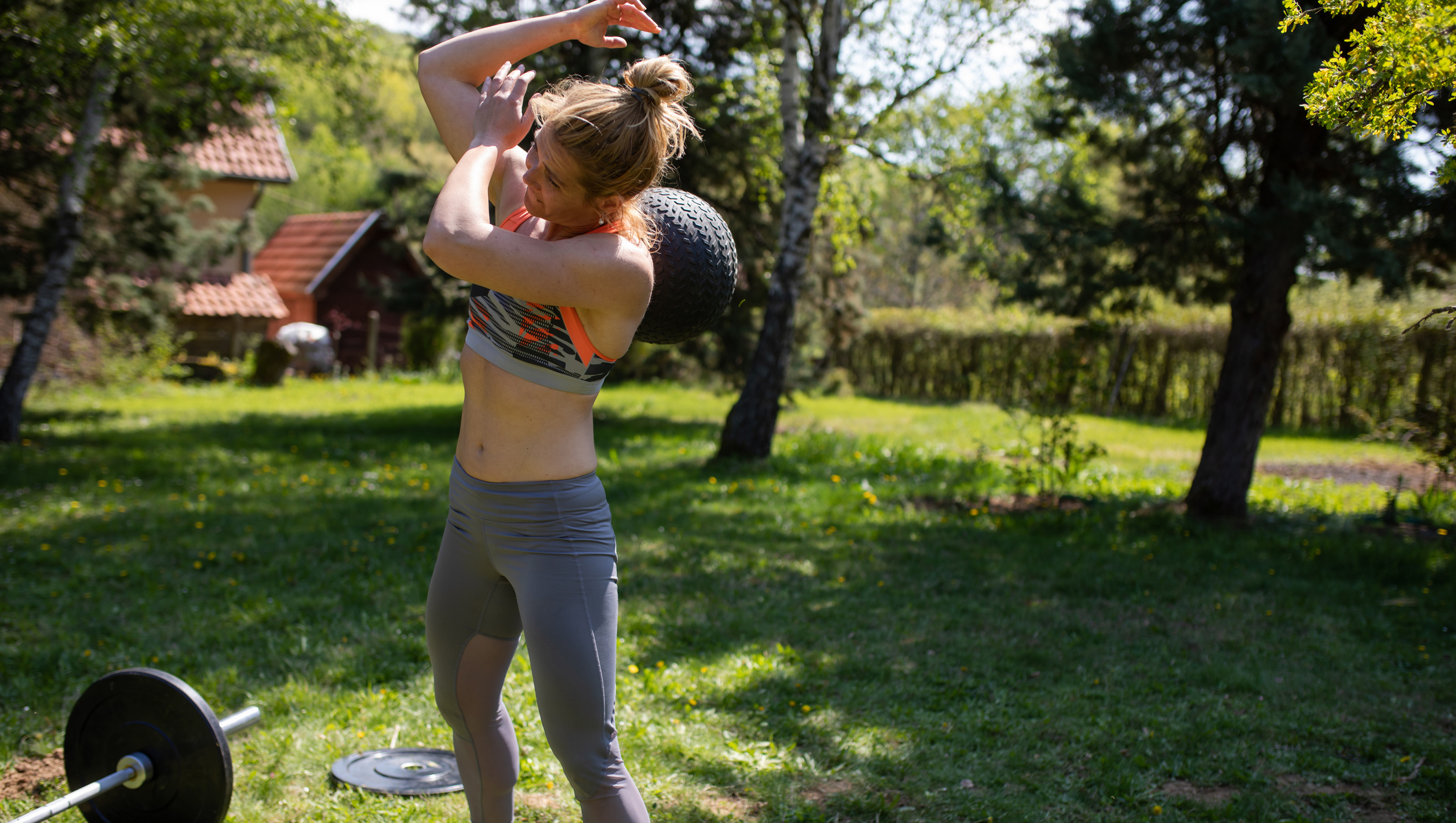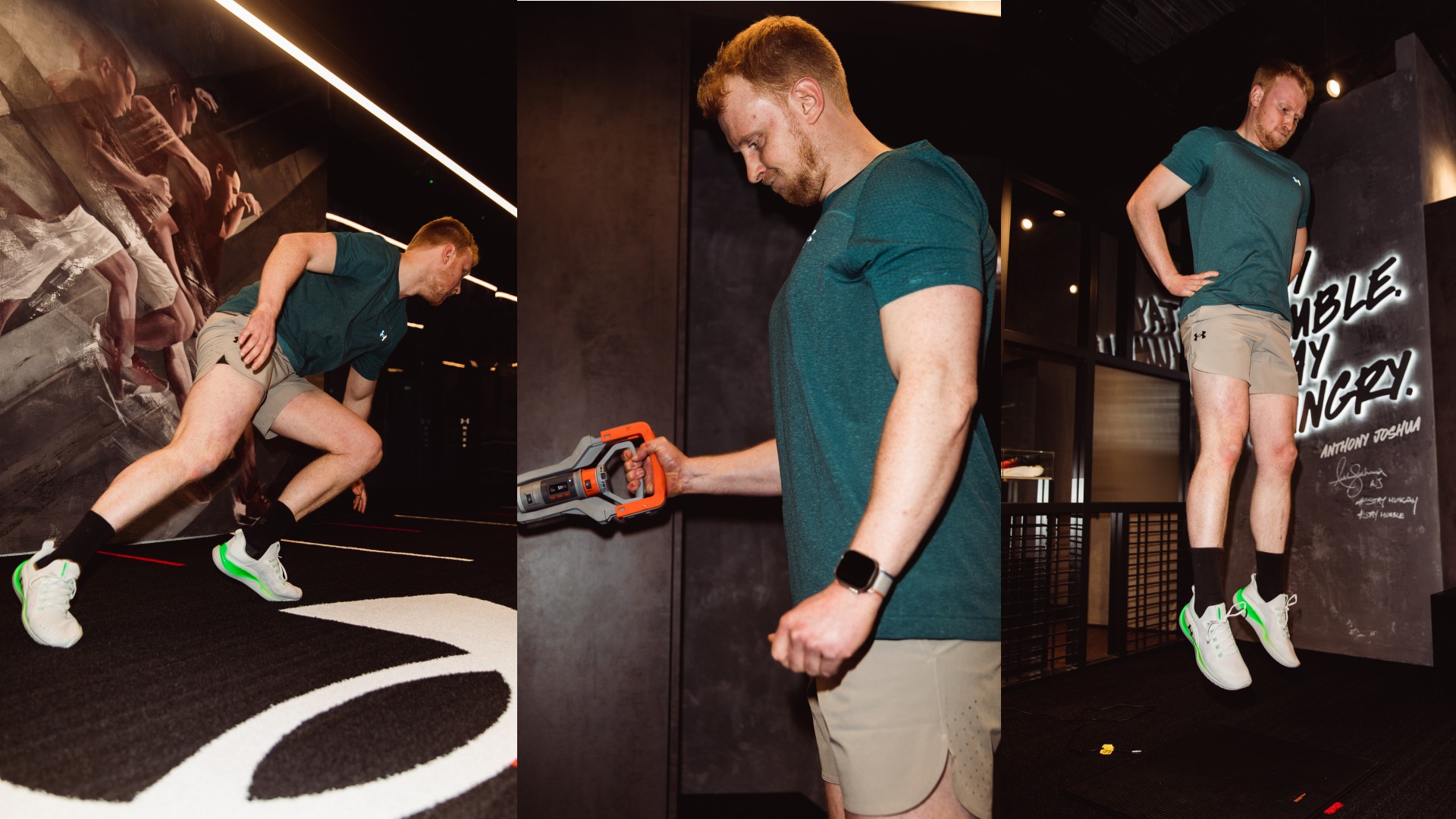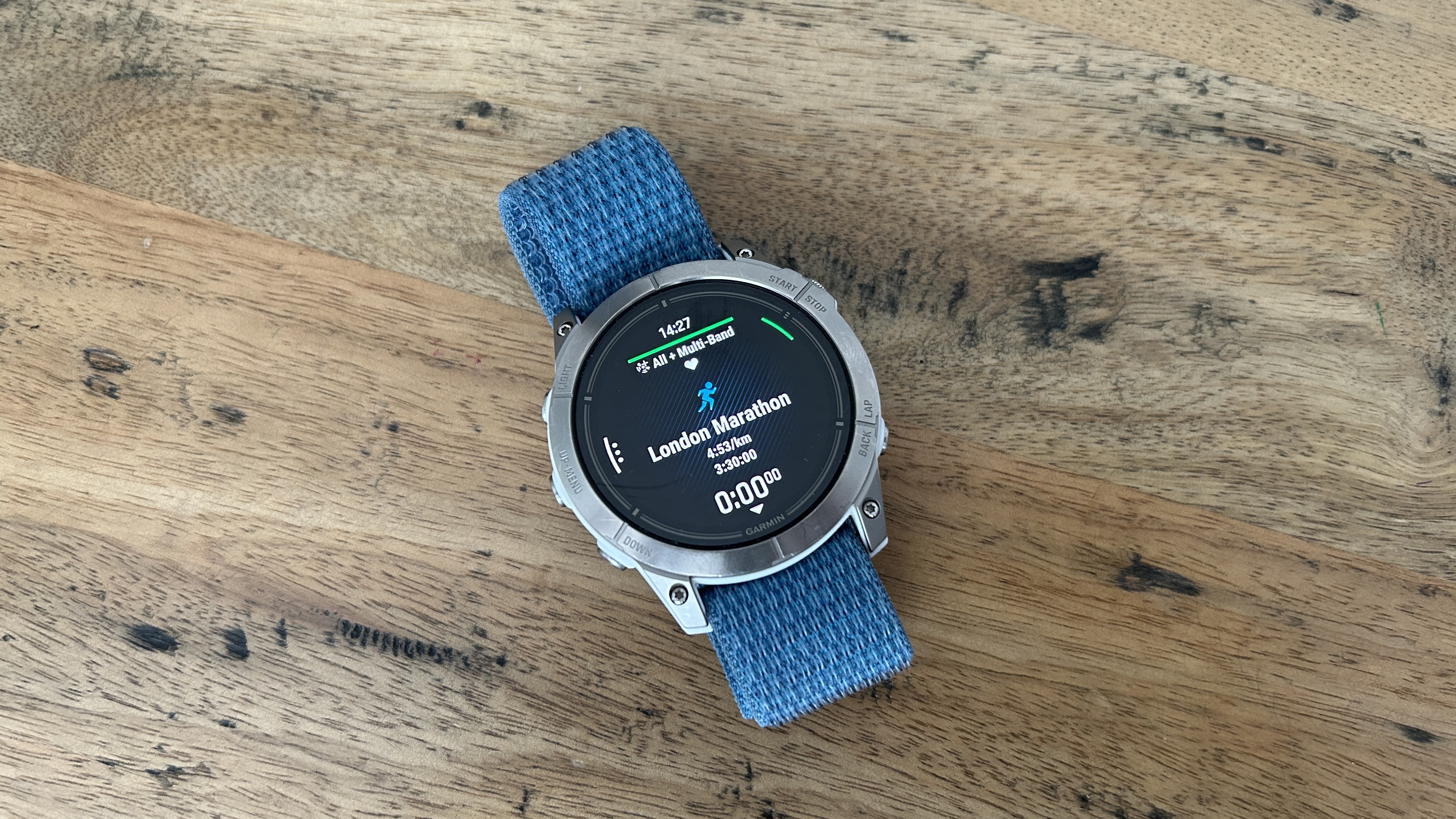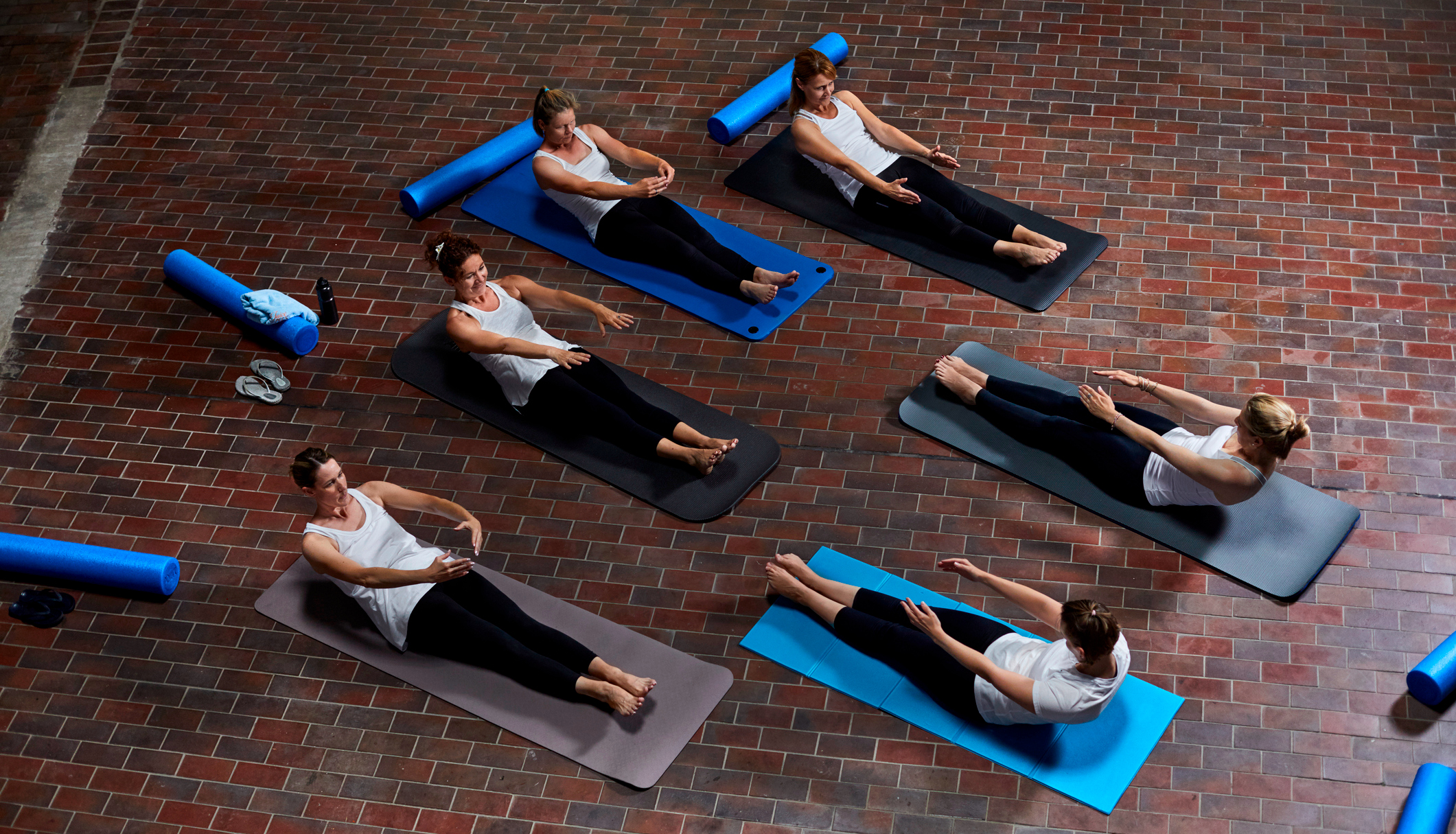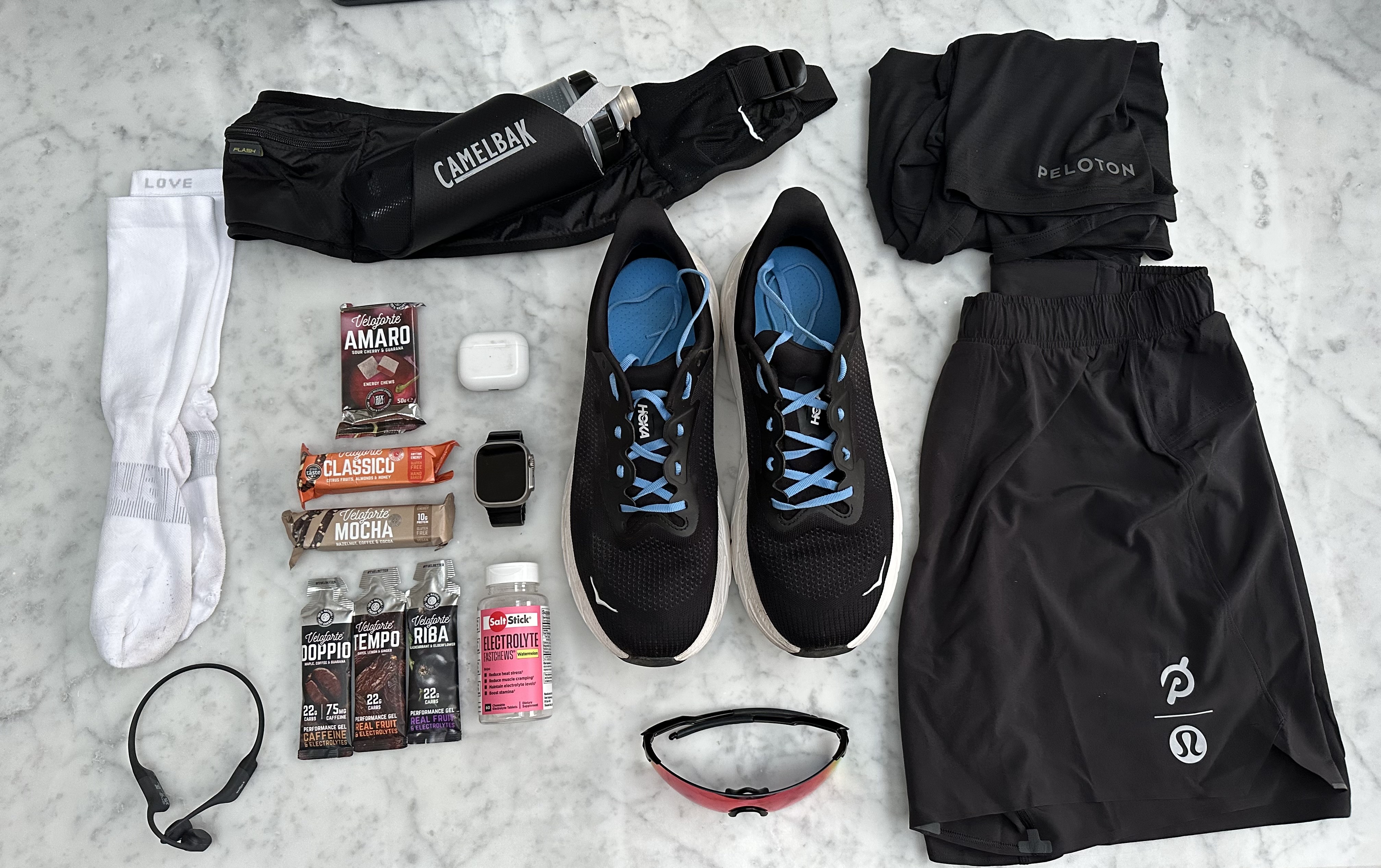Here’s How Much Half Marathon Training You Have To Do To Break Two Hours
Strava data suggests two hours of running a week for 12 weeks will get you there
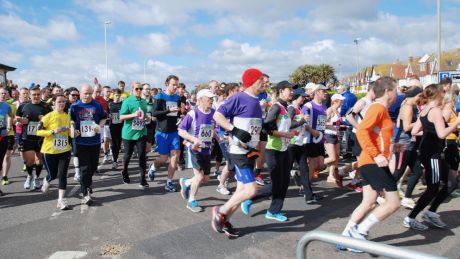
Having a target time is in no way necessary to enjoy taking part in a half marathon, but for many people the joy of covering 22.1km with hundreds or thousands of others is magnified by simultaneously smashing a personal goal. If your target time for the distance is under two hours, data from fitness app Strava suggest that you’ll need to clock up two to three hours of half marathon training a week for 12 weeks before the event.
Strava looked at data from 6,725 of its users who ran the Great North Run in 2016, analysing how much they ran in the lead-up to the event and cross-referencing it with their race time. Of course some people will be able to knock out a half marathon in 90 minutes on two weeks’ training, while others can pound the pavements for months without breaking 2hr 30min, but on average this is how much training you need to do to go sub-2hr.
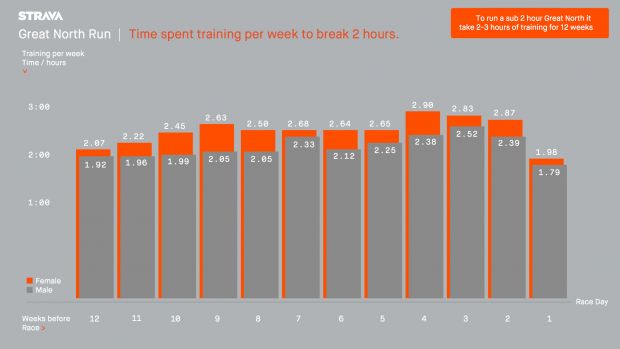
For men, training starts at around two hours a week and peaks at 2½ hours ten weeks in, with time to taper afterwards.
RECOMMENDED: The Best UK Half Marathons For 2017: When And How To Bag A Place
Total time spent running isn’t the only thing to consider though. It’s best to follow a detailed half marathon training plan with a mix of sessions, including long easy runs and interval sessions, to prepare your body for the event. We’ve got you covered on that front, with our comprehensive guide to running a half marathon plus training plans for all abilities.
If breaking two hours isn’t the limit of your ambition, and you have your eye on 1hr 30min, then – as you might expect – you'll need to run more. The Strava data suggests that men who run break 90 minutes notch three to 4 ½ hours of training each week in the three months before a half marathon.
Strava also found that 50% of the 6,725 users who ran the Great North Run in 2016 did some form of cross-training alongside their running. Cycling was the most popular option, with 42% of those who cross-trained doing so on a bike, ahead of swimming (12%) and hiking (12%). Cross-training is a great way to build your fitness without overloading certain muscles through too much running, and mixing up your sports can also stave off boredom and help keep you motivated.
Get the Coach Newsletter
Sign up for workout ideas, training advice, reviews of the latest gear and more.
In conjunction with the Great North Run Strava are challenging athletes to join the Great 13.1 Record attempt on Sunday 10th September. This aims to set a new record for the amount of half marathons completed in a single day. For more info visit strava.com

Nick Harris-Fry is a journalist who has been covering health and fitness since 2015. Nick is an avid runner, covering 70-110km a week, which gives him ample opportunity to test a wide range of running shoes and running gear. He is also the chief tester for fitness trackers and running watches, treadmills and exercise bikes, and workout headphones.



